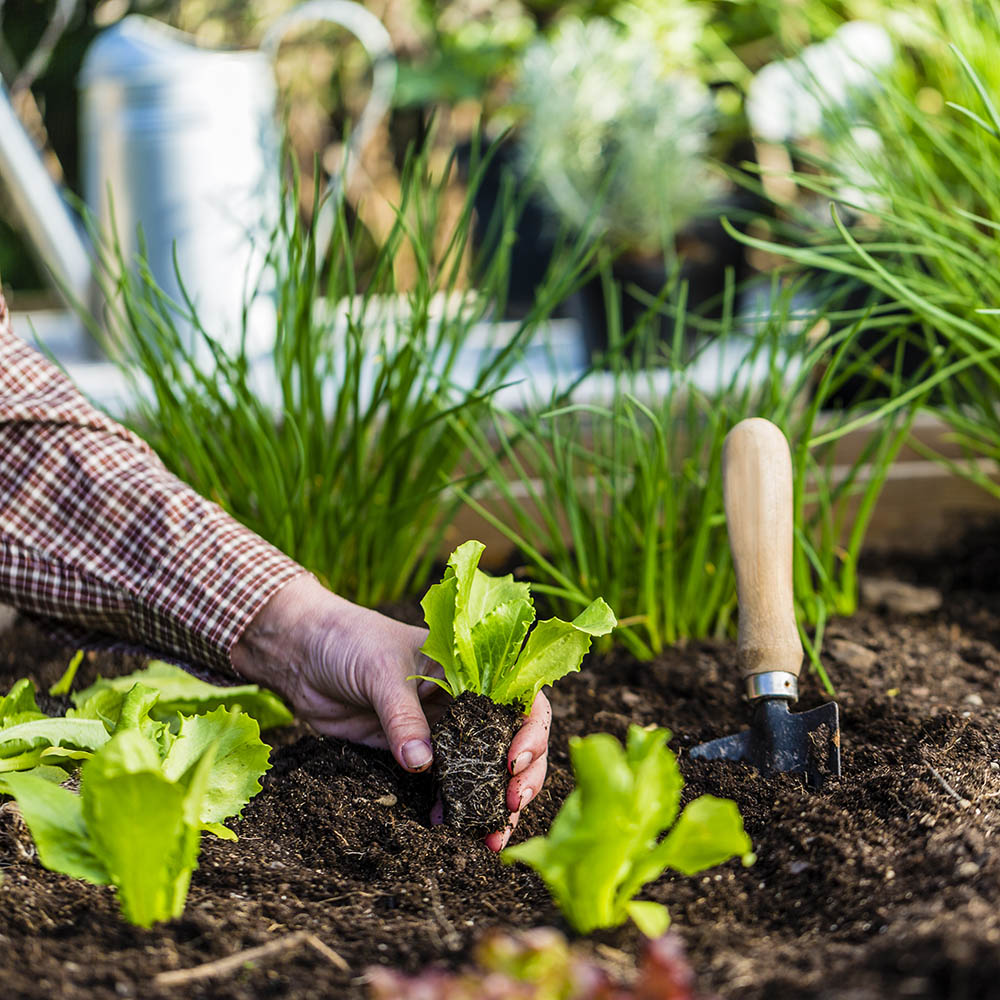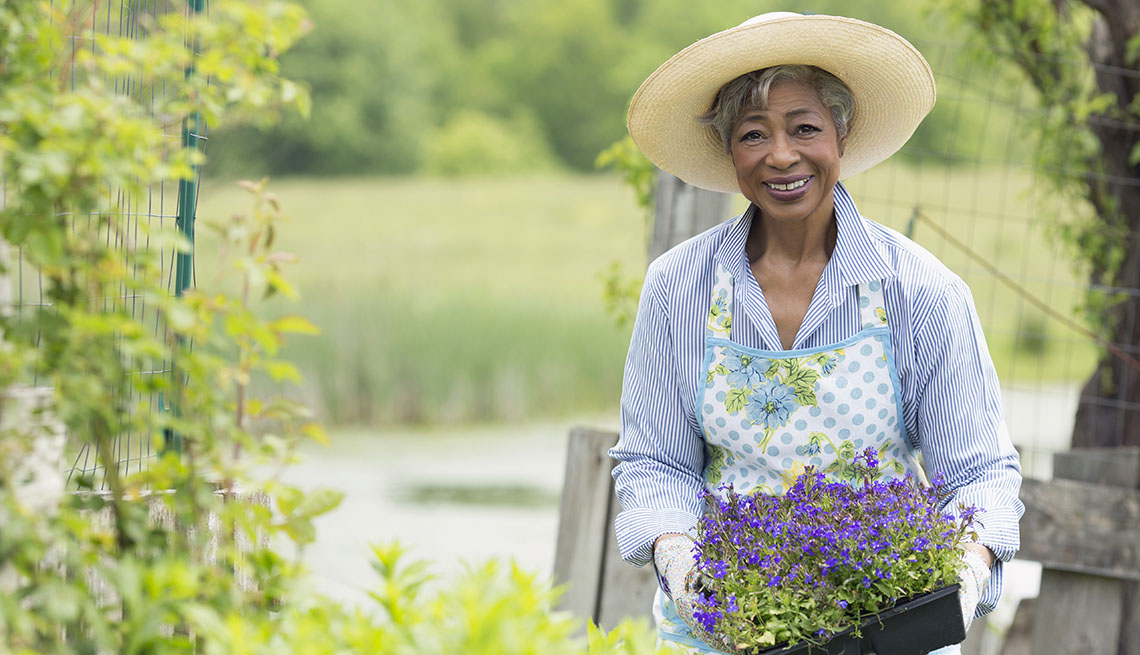Must-Have Gardening Tools for Beginners: A Total Listing for Your Flourishing Garden
Expanding Green Thumbs: a Novice's Journey Into the Globe of Horticulture
Are you anxious to obtain your hands filthy and start expanding your very own yard? You'll learn about choosing the right plants, understanding soil and compost, and important gardening tools. We'll also educate you sprinkling and feeding methods and exactly how to deal with common garden parasites. gardening tools for beginners.
Selecting the Right Plant Kingdoms
You need to assess your horticulture space and establish the number of plants that will fit pleasantly. Measure the measurements of your yard beds or pots and determine the offered room. Consider the fully grown size of the plants you mean to grow.
As soon as you have a clear idea of your gardening space, it's time to choose the best plants. Particular plants grow in complete sunlight, while others prefer partial shade. This will help you select plants that are suited to your certain problems.
If you're brand-new to horticulture, opt for plants that are very easy to expand and need very little maintenance. Pick plants that have a shorter maturity period if you live in an area with a much shorter expanding season.
Understanding Dirt and Garden Compost
Dirt is the foundation of your garden, providing nutrients, water retention, and assistance for your plants. It is important to have a good understanding of your soil kind, whether it is sandy, clayey, or fertile, as this will certainly identify the types of plants that will certainly grow in your yard. Remember, a abundant and healthy and balanced soil is the essential to a successful garden, so take the time to comprehend your dirt and include garden compost to guarantee your plants thrive.

Crucial Gardening Tools
Currently that you comprehend the significance of dirt and compost, allow's explore the crucial gardening devices you'll need to grow your eco-friendly sanctuary. One of one of the most fundamental devices you'll need is a garden trowel. This tiny handheld device is perfect for digging small holes, hair transplanting seedlings, and scooping dirt. Another necessary tool is a garden fork. This tough tool is used for loosening up dirt, separating globs, and transforming compost. A great set of gardening gloves is an essential to shield your hands from thorns, prickly plants, and dust. Look for gloves that are long lasting, breathable, and provide a great hold. A yard hose or watering can is vital for maintaining your plants hydrated. Select a hose with a spray nozzle that allows you to adjust the water flow and pressure. A strong set of pruning shears or secateurs is crucial for trimming and shaping your plants. Try to find shears with a sharp blade and comfy takes care of. Lastly, a garden rake is helpful for leveling soil, eliminating particles, and spreading out compost. With these necessary devices in your horticulture toolbox, you'll be well-appointed to create and maintain your green oasis.
Watering and Fertilizing Strategies

Handling Common Garden Pests
As a newbie gardener, you may run into typical garden parasites that can ruin your plants. These parasites can vary from insects like beetles, caterpillars, and aphids, to tiny animals like rabbits and squirrels. It is very important to be able to deal and recognize with these insects properly in order to secure your plants and ensure an effective garden.
Among the first actions in taking care of garden parasites is to on a regular basis inspect your plants for any kind of signs of invasion. Look for eaten fallen leaves, holes in the vegetation, or the presence of little bugs. It's crucial to take action promptly to prevent them from spreading and creating more damage. if you find any kind of pests.
There are a number of approaches you can make use of to control garden bugs. One alternative is to use all-natural killers, such as ladybugs or hoping mantises, to aid control the population of bugs. You can additionally make use of physical obstacles, such as fences or netting, to keep larger pets like bunnies out of your yard. In addition, there are natural pest control sprays available that can assist prevent and get rid of usual yard parasites.
Keep in mind, avoidance is crucial when it involves dealing with garden pests. Keeping your garden clean and free of particles can help in reducing the probability of an invasion. Consistently getting rid of weeds and dead plants can additionally aid remove concealing locations for bugs.

Final Thought
By choosing the right plants, understanding soil and garden compost, using necessary horticulture devices, and mastering watering and fertilizing techniques, you have set yourself up for success. Don't fail to remember to remain cautious in dealing with common garden bugs to ensure your plants thrive.
Dirt is the structure of your yard, offering nutrients, water retention, and support for your plants. It is vital to have a good understanding of your dirt type, whether it is sandy, clayey, or fertile, as this will determine the kinds of plants that will have a peek at this site certainly prosper in your yard. Remember, a healthy and fertile dirt is the crucial to an effective yard, so take the time to recognize your soil and integrate compost to ensure your plants flourish.
As a beginner gardener, you might run into usual yard insects that can inflict havoc on your plants. It's important to be able to identify and deal with these bugs properly in order to shield your plants and make sure a successful garden.